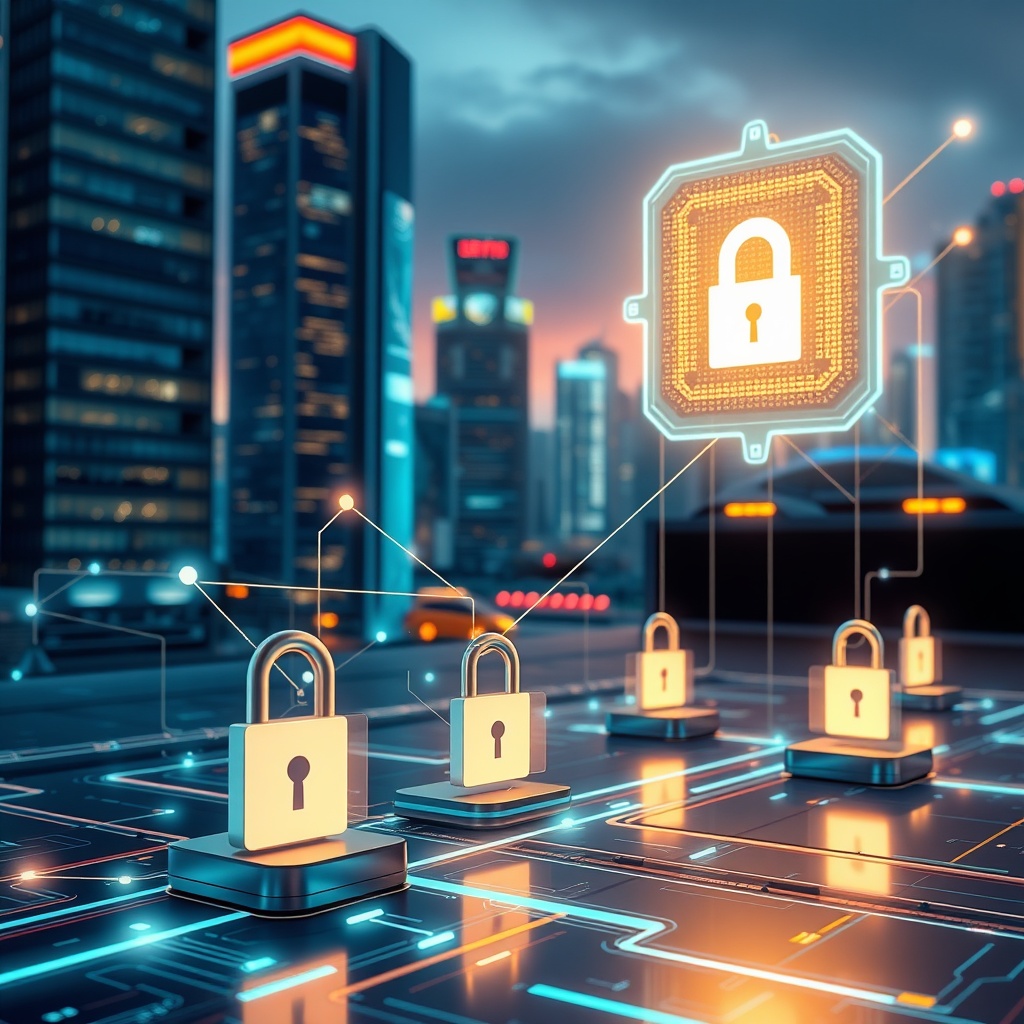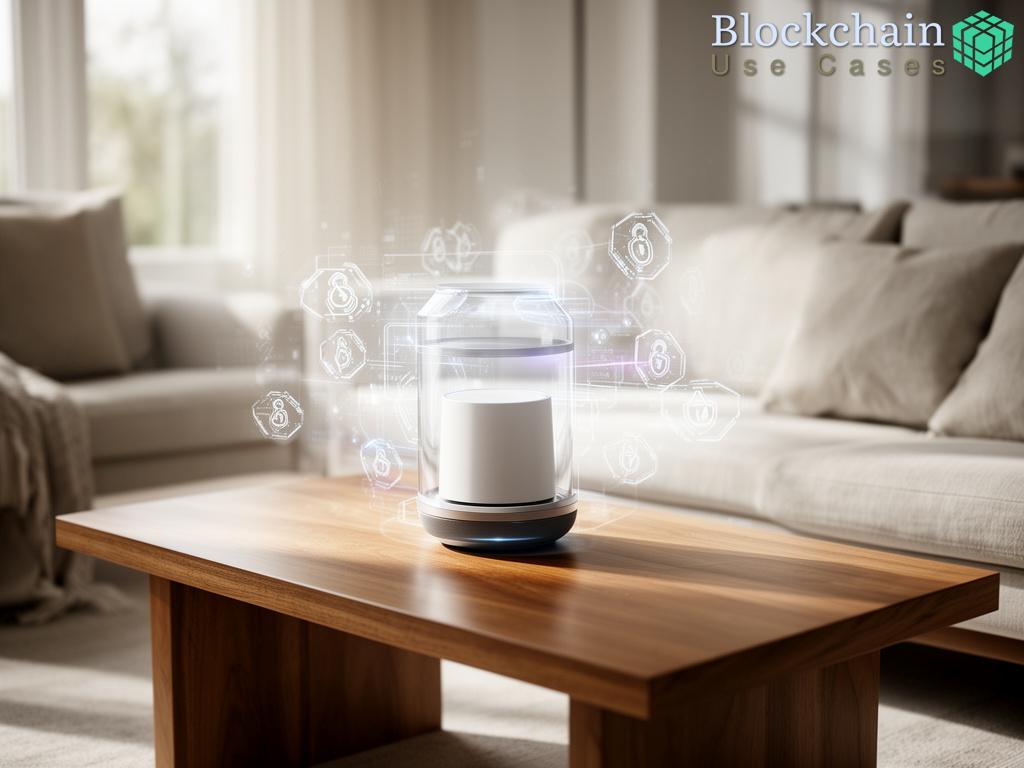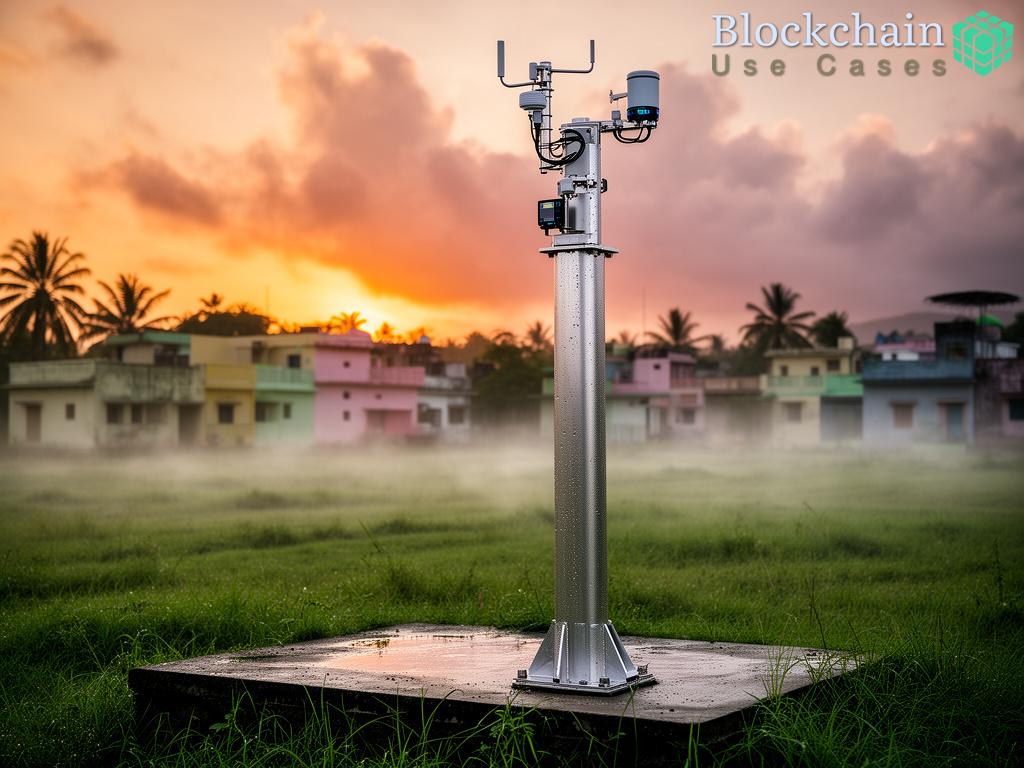The Challenge of IoT Data Security

As the Internet of Things (IoT) continues to expand, the volume of data generated by sensors is growing at an unprecedented rate. This surge in data collection introduces significant vulnerabilities, creating an urgent need for secure storage and sharing solutions. Traditional methods are often insufficient, leaving sensitive information exposed to potential breaches. In this context, blockchain technology emerges as a revolutionary alternative, capable of enhancing the integrity and security of IoT sensor data.
Blockchain: A Paradigm Shift in Data Management
Blockchain technology provides a decentralized ledger that records transactions across multiple devices in a secure and transparent manner. By leveraging cryptographic techniques, it ensures that data is immutable and resistant to tampering. Unlike conventional databases, blockchain eliminates the need for a central authority, enabling peer-to-peer interactions. This shift not only enhances security but also fosters trust among users, making it an ideal solution for IoT environments.
Key Benefits of Blockchain for IoT Data:
- Data Integrity: Ensures that sensor data remains unaltered and authentic.
- Enhanced Security: Protects against unauthorized access and cyber threats.
- Decentralization: Reduces reliance on centralized servers, minimizing points of failure.
- Transparency: Allows all participants to verify data transactions independently.
Innovative Applications and Future Prospects
As industries adopt IoT technology, the potential use cases for blockchain are vast. From agriculture monitoring to smart cities, the combination of IoT and blockchain is set to revolutionize data management:
- Smart Grid Management: Securely sharing energy consumption data among users and providers.
- Healthcare: Protecting sensitive patient data collected from wearable devices.
- Supply Chain Optimization: Tracking goods and ensuring data integrity throughout the logistics process.
With these innovations, the future of IoT sensor data management appears promising. As organizations increasingly recognize the importance of security and transparency, blockchain technology stands at the forefront of this transformation.





